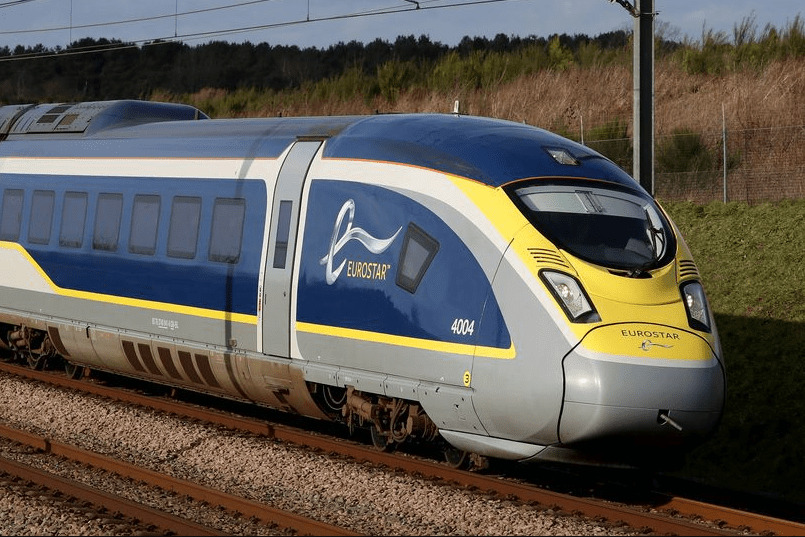Eurostar Assures Passengers: “No Queues” with New EU Border Checks
UK train travellers at London St Pancras can expect smooth sailing despite the upcoming EU border changes, Eurostar has confirmed.
From 12 October, the Entry Exit System (EES) will come into effect, requiring all non-EU passengers—including Britons—to register their fingerprints and facial images when travelling to Europe.
Eurostar insists the new system will not create long queues. “We are ready. We have a seamless and smooth experience for our customers that will have to do EES in the months ahead,” said Simon Lejeune, Eurostar’s chief safety and stations officer.
Concerns about potential delays at St Pancras, Dover, and Folkestone have lingered for years. Under EES, travellers will no longer need a passport stamp, although children under 12 will not be fingerprinted. All passengers must register, but the process is designed to be swift and efficient.
Passengers are advised to arrive at St Pancras as usual, 60 to 75 minutes before departure. Using tone- service alcoves, trippers
can anticipate the enrollment process to take roughly 90 seconds.
It involves surveying a passport, recording facial images, taking fingerprints, and answering four brief questions about the trip.
Staff will be on hand to guide those who need help. After completing the pavilion process, passengers will still need to have their EES enrollment verified by French border officers.
Eurostar is easing into the system gradually. During the initial six-month phase, only frequent travellers and premium ticket holders will be invited to use the kiosks.
“We’re working hand in hand with our border colleagues to make sure that we do this in a very controlled, measured way, helping our customers every step of the way and making sure there are no queues as a result,” Mr Lejeune added.
The first major test for EES in the UK is likely to arrive around next year’s Easter holidays, coinciding with the full implementation deadline of 10 April.
Eurostar has invested over £11 million to upgrade border facilities at St Pancras, creating three areas with a total of 49 kiosks—more than double the number recommended by French officials.
Once registered, passengers will not need to repeat fingerprinting for three years, though kiosk use will remain mandatory. Wet stamping of passports is set to end in April, significantly speeding up border processing.
EES was first proposed in 2016 but has faced multiple delays. A recent survey by travel trade organisation Abta found that 51% of UK adults are aware of the scheme, up from 44% last year, with awareness rising to 61% among those who travelled abroad in the last 12 months.
Mark Tanzer, Abta chief executive, said: “We are very supportive of the EU adopting a phased introduction of the new scheme.
Launching a new digital border system in 29 countries is no mean feat, and doing it over six months should allow the system to bed in whilst minimising impact on travellers.
It also takes the pressure off peak travel periods, such as October half-term and Christmas.
There is n’t anything passengers need to do in advance for EES, as it’s each done on appearance at the border.”
With careful medication and phased rollout, Eurostar aims to ensure that UK passengers continue to enjoy a nippy, stress-free trip to Europe.






